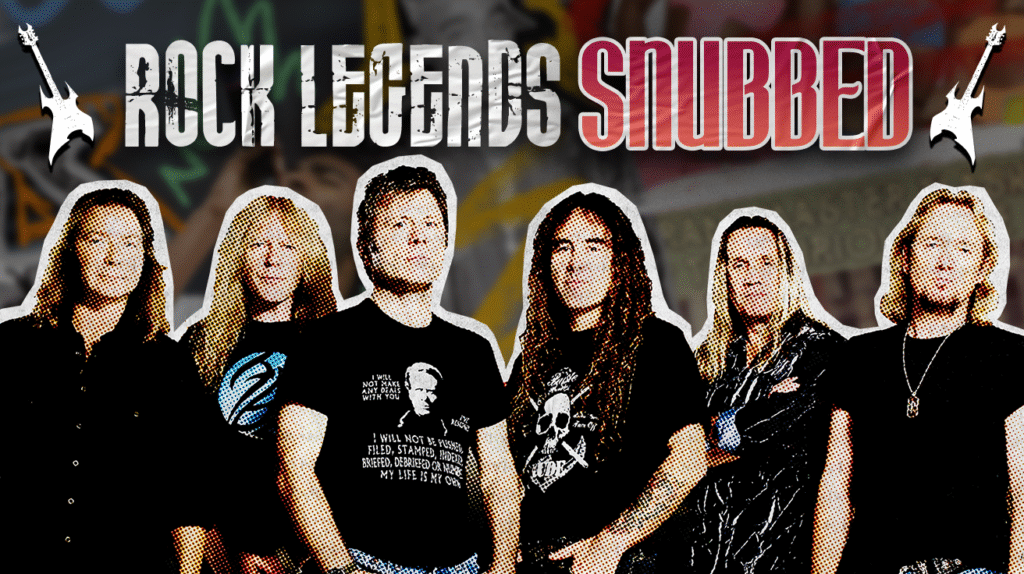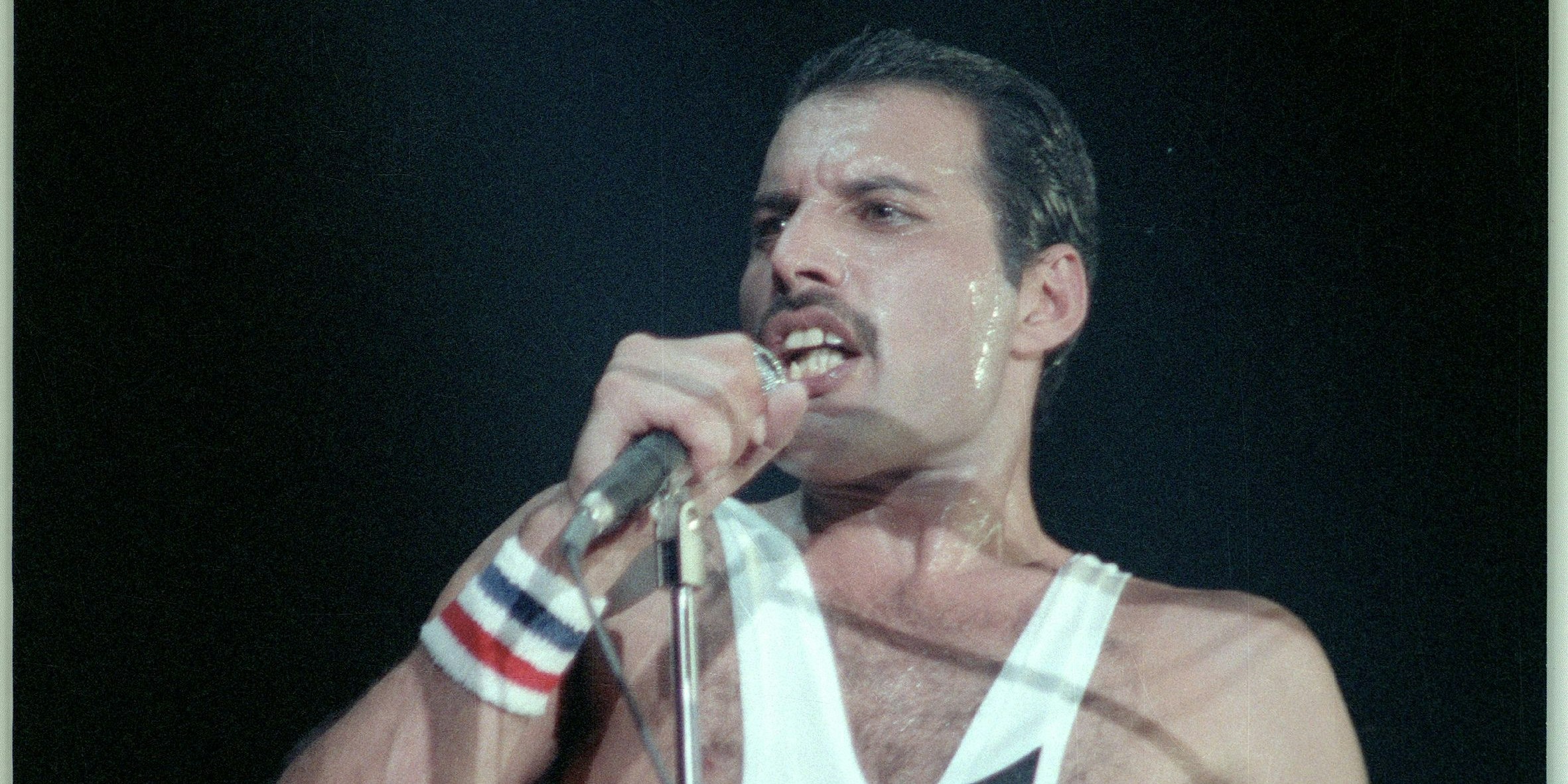
The Rock & Roll Hall of Fame’s secretive selection process continues to baffle music enthusiasts worldwide. While pop darlings receive the red carpet treatment, the architects of metal’s most groundbreaking movements remain conspicuously absent from its hallowed halls.
8. Iron Maiden

Iron Maiden’s absence from the Rock Hall makes about as much sense as a submarine with screen doors. With global sales exceeding 100 million albums and a live show that’s been melting faces across six continents for four decades, their exclusion borders on institutional malpractice.
Bruce Dickinson’s dismissal of the Hall as “worthless” isn’t just rock star posturing—it’s a mathematical certainty when the equation doesn’t include metal’s most enduring ambassadors.
7. Motorhead

Motörhead created music that hits like premium bourbon—unfiltered, potent, and leaving an unmistakable burn. Their signature sound bridged punk’s snarl and metal’s thunder when those tribes rarely acknowledged each other’s existence.
That immortal “Ace of Spades” riff has infiltrated everything from video games to wedding receptions. Lemmy Kilmister’s bass-driven assault remains the sonic template that launched a thousand speed metal bands.
6. Ronnie James Dio

Dio’s exclusion feels particularly tone-deaf given his Renaissance man status within metal. His mythic storytelling and operatic delivery transformed heavy music from street-level rebellion to high fantasy.
The “devil horns” gesture he popularized became metal’s global identifier, transcending language barriers and uniting headbangers across cultural divides. Without Dio, metal’s theatrical possibilities would remain tragically unexplored.
5. Slayer

Slayer didn’t just play thrash metal—they weaponized it. Their landmark “Reign in Blood” album hit the music world like a demolition charge, collapsing the walls between extreme underground sounds and commercial visibility.
Despite influencing virtually every extreme metal band that followed, their confrontational approach makes the Hall’s gatekeepers clutch their pearls. Heaven forbid rock music actually challenge the status quo, right?
4. Tool

Tool’s mathematical precision and philosophical depth elevated heavy music beyond its perceived limitations. Their albums unfold like psychological thrillers rather than three-minute radio hits.
With every release debuting at #1 despite zero radio support, they’ve built a commercial empire on their own terms. The Hall’s chronic oversight is just the latest example of how the impact and legacy of heavy metal is often misunderstood, perpetuating some of the biggest myths of heavy metal in popular culture.
3. Scorpions

The Scorpions’ omission reveals the Hall’s myopic geographic bias. These German innovators delivered both stadium anthems and genuine cultural touchstones like “Wind of Change” that soundtracked geopolitical milestones.
Their continental approach to hard rock bridged American attitude and European melodic sensibility decades before “global music” became an industry buzzword.
2. Alice in Chains

Alice in Chains crafted a sound as distinctive as a fingerprint, merging metal’s muscle with grunge’s emotional authenticity. Their haunting vocal harmonies created a dark magic that countless bands have attempted to conjure without success.
Their continued exclusion while receiving multiple nominations suggests the Hall enjoys keeping metal bands on the waitlist—a peculiar stance for an institution supposedly celebrating musical innovation.
1. Korn

Korn constructed a new sonic vocabulary when metal needed reinvention most. Their downtuned guitars and hip-hop influences arrived like a rescue party for a genre the mainstream had left for dead.
With 40+ million albums sold worldwide, they didn’t just revitalize metal—they helped it colonize MTV, radio, and festival stages during the late ’90s cultural shift. The Hall’s oversight reads like deliberate genre blindness.





















